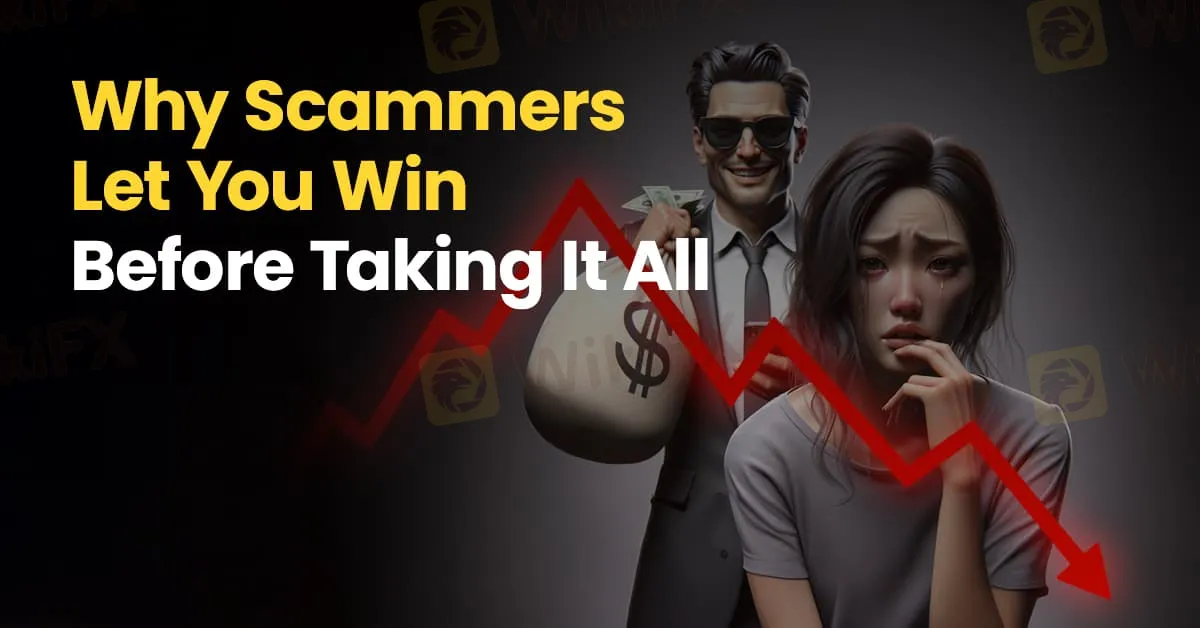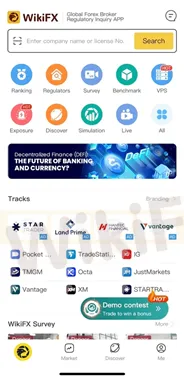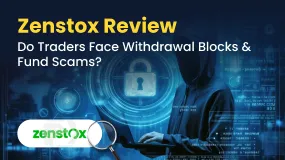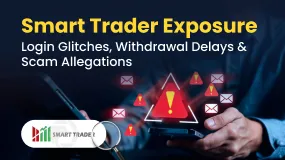Abstract:One of the most cunning tactics fraudsters employ is allowing victims to win at first. But why do scammers take this approach, and how does it work?

The world of online trading is rife with opportunities, but where there is money, there are also scammers. One of the most cunning tactics fraudsters employ is allowing victims to win at first. This deceptive strategy builds trust and entices traders to invest more before ultimately leading them to devastating losses. But why do scammers take this approach, and how does it work?
Scammers understand human psychology. When a trader experiences early success, it triggers a powerful emotional response—excitement, confidence, and the urge to invest more. This is rooted in the psychological principle of reinforcement, where a reward increases the likelihood of continued behaviour. By letting traders win initially, scammers create the illusion of a successful platform, making it far easier to manipulate their victims into depositing more funds.

Many fraudulent trading platforms are designed to simulate real market conditions. These platforms may appear professional, complete with charts, analytics, and customer support. At first, traders see consistent gains, reinforcing their belief that they have found a legitimate and profitable opportunity. The deception is so convincing that traders often do not question the legitimacy of the platform until it is too late.
In some cases, scammers control the trading environment entirely. They may fabricate trade outcomes, manipulate spreads, or artificially inflate account balances to show profits. These fabricated wins make traders feel as though they have discovered a winning strategy, compelling them to increase their investment. As the trader becomes more confident, the scammers hold on them strengthens, making it even harder for the victim to recognise the fraud.
Once traders believe they are making steady gains, scammers apply pressure to escalate deposits. They may introduce lucrative “VIP” accounts, exclusive opportunities, or time-limited bonuses to encourage larger investments. Many victims, convinced they have found a reliable trading strategy, willingly put in more money, often beyond their initial risk threshold. The promise of even greater rewards blinds them to the dangers lurking ahead.
As soon as victims try to withdraw their profits, reality sets in. Some platforms cite technical issues, additional fees, or compliance checks as excuses to delay or deny withdrawals. In more blatant scams, the platform suddenly shows unexpected losses, wiping out the traders account balance. The trader is left with nothing, and the scammers disappear—often rebranding and targeting new victims under a different name. The illusion of success shatters, leaving victims in financial ruin.
Victims of these scams often suffer severe financial and emotional distress. Some lose their life savings, while others accumulate debt in a desperate attempt to recover lost funds. The embarrassment of being defrauded may also prevent individuals from reporting the scam, allowing fraudsters to continue their operations unchecked.
To avoid falling victim to these scams, it is essential to verify the legitimacy of any trading platform. Check for proper financial regulation from reputable authorities such as the FCA (UK), ASIC (Australia), or SEC (USA). If a platform lacks oversight, its a red flag. Be cautious of unrealistic profits; if an investment opportunity promises consistent high returns with little risk, it is likely fraudulent. Before committing substantial funds, attempt a small withdrawal to ensure the platform allows access to your money. Conduct thorough research by looking for genuine user reviews, regulatory warnings, and independent assessments of the trading platform before investing.

Tools such as WikiFX can play a vital role in helping individuals verify the legitimacy of brokers and financial platforms. WikiFX offers an extensive database of global broker profiles, regulatory status updates, and user reviews, enabling users to make informed decisions before committing to any financial investment. Its risk ratings and alerts for unlicensed or suspicious entities help investors easily spot red flags and avoid potential scams. By using tools like WikiFX to research a broker's background, individuals can safeguard their hard-earned savings and reduce the risk of falling victim to fraudulent schemes.












